Unveiling The Previous: A Journey Via Previous English Maps Of England
Unveiling the Previous: A Journey Via Previous English Maps of England
Associated Articles: Unveiling the Previous: A Journey Via Previous English Maps of England
Introduction
With nice pleasure, we are going to discover the intriguing subject associated to Unveiling the Previous: A Journey Via Previous English Maps of England. Let’s weave attention-grabbing info and provide contemporary views to the readers.
Desk of Content material
Unveiling the Previous: A Journey Via Previous English Maps of England
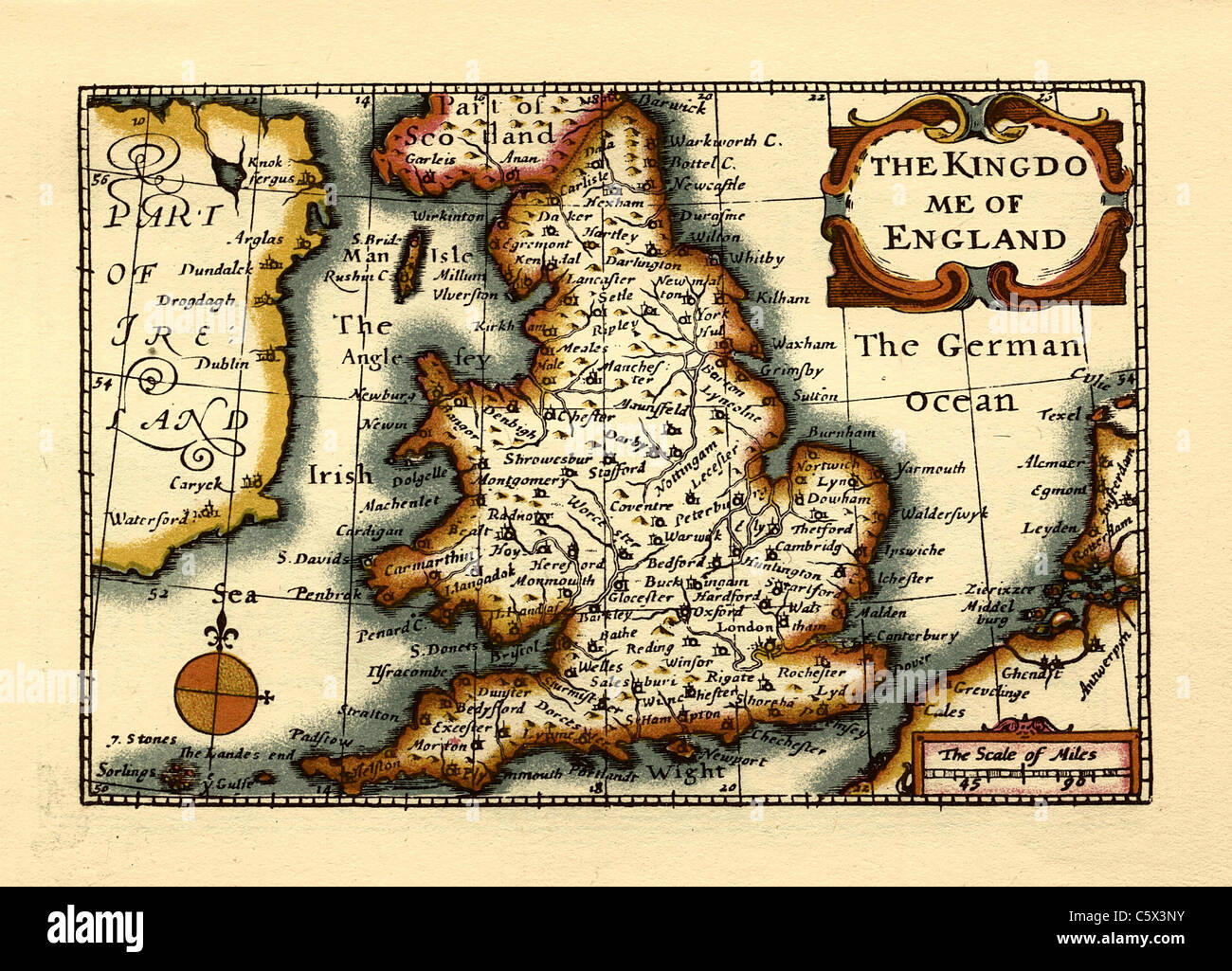
The panorama of England has advanced over centuries, formed by the forces of nature, human ingenuity, and historic occasions. To grasp this transformation, we should delve into the previous, and a strong instrument for this exploration is the examine of previous English maps. These cartographic artifacts, created earlier than the trendy period, provide a novel window into the geographical, political, and social realities of bygone instances.
The Evolution of English Cartography:
The earliest maps of England have been typically rudimentary, specializing in the broad outlines of the landmass and its main options. These early makes an attempt, typically present in manuscripts and chronicles, have been extra symbolic representations than exact depictions. The arrival of the printing press within the fifteenth century considerably impacted mapmaking, permitting for higher dissemination and refinement of cartographic information.
Decoding the Language of Previous Maps:
Previous English maps will not be merely static pictures; they’re wealthy repositories of knowledge, typically coded in a language that requires cautious deciphering. The next parts provide essential insights:
- Geographic Options: Mountains, rivers, forests, and coastlines are depicted, offering a glimpse into the pure surroundings of the time.
- Settlements and Cities: The situation and relative measurement of settlements, together with villages, boroughs, and cities, mirror the distribution of inhabitants and financial exercise.
- Political Boundaries: The delineation of counties, kingdoms, and different political entities reveals the altering energy dynamics of the English panorama.
- Symbolic Representations: Maps typically incorporate symbols like coats of arms, spiritual icons, or mythological creatures, reflecting the cultural and spiritual beliefs of the period.
- Textual Annotations: Descriptions, legends, and place names present invaluable historic and linguistic info.
The Significance of Previous English Maps:
The examine of previous English maps affords quite a few advantages:
- Historic Context: Maps present a visible context for understanding historic occasions, migrations, and political developments.
- Spatial Evaluation: By analyzing the distribution of options, settlements, and political boundaries, researchers can acquire insights into the social, financial, and political constructions of previous societies.
- Cultural Insights: Maps typically mirror the cultural values, beliefs, and creative types of the time, providing a window into the minds of those that created them.
- Linguistic Research: Place names and annotations on previous maps present invaluable information for understanding the evolution of the English language.
- Environmental Historical past: Maps can reveal adjustments within the surroundings, comparable to deforestation, urbanization, or coastal erosion, over time.
Examples of Notable Previous English Maps:
- The Hereford Mappa Mundi (c. 1300): This iconic map, housed in Hereford Cathedral, is likely one of the largest medieval maps on the earth. It depicts the world in keeping with Christian cosmology, incorporating biblical tales and allegorical figures.
- The Gough Map (c. 1300): This street map of England, preserved within the British Library, gives an in depth view of the nation’s street community and settlements within the late medieval interval.
- The Saxton Atlas (1579): This monumental atlas, commissioned by Christopher Saxton, was the primary complete map of England. It showcased the nation’s evolving political panorama and concrete development.
FAQs about Previous English Maps:
Q: What are the principle forms of previous English maps?
A: Previous English maps could be broadly categorised into:
- Highway maps: These maps centered on depicting roads, routes, and distances.
- Topographical maps: These maps emphasised the pure options of the panorama.
- Political maps: These maps highlighted the boundaries of counties, kingdoms, and different political entities.
- Thematic maps: These maps centered on particular themes, comparable to inhabitants distribution, financial exercise, or spiritual affiliations.
Q: How can I discover and entry previous English maps?
A: Previous English maps are housed in varied establishments, together with:
- Nationwide Archives: The Nationwide Archives within the UK holds an unlimited assortment of historic maps, together with many aged English maps.
- College Libraries: Many college libraries, particularly these with sturdy historical past departments, have collections of previous maps.
- Museums: Museums devoted to historical past, cartography, or native historical past typically exhibit or maintain collections of previous English maps.
- On-line Archives: Digital archives just like the David Rumsey Map Assortment and the British Library’s on-line catalog provide entry to digitized variations of previous English maps.
Q: What are the challenges in decoding previous English maps?
A: Deciphering previous English maps can current challenges:
- Lack of Standardization: Early maps lacked standardized symbols and conventions, making it troublesome to interpret their that means.
- Projection and Accuracy: Maps from the pre-modern period typically used inaccurate projections and had various ranges of accuracy.
- Cultural Context: Understanding the cultural and spiritual context of the time is important for deciphering the symbolism and language used on previous maps.
Ideas for Finding out Previous English Maps:
- Analysis the Creator: Be taught in regards to the mapmaker, their background, and the meant viewers for the map.
- Look at the Scale and Projection: Perceive the dimensions and projection used to create the map to interpret its accuracy and limitations.
- Analyze the Symbols and Legends: Decipher the that means of symbols, legends, and annotations to realize a complete understanding of the map’s content material.
- Examine with Different Maps: Examine the map with different maps from the identical interval or later durations to determine adjustments and evolution in cartographic practices.
- Seek the advice of Historic Sources: Cross-reference the map with historic paperwork, chronicles, and different main sources to realize a deeper understanding of the context.
Conclusion:
Previous English maps are extra than simply historic artifacts; they’re home windows right into a bygone world, revealing the evolving panorama of England, its folks, and its historical past. By finding out these maps, we acquire a deeper appreciation for the previous and its affect on the current. The challenges of decoding these maps are outweighed by the wealthy insights they provide, enriching our understanding of the previous and its enduring legacy.
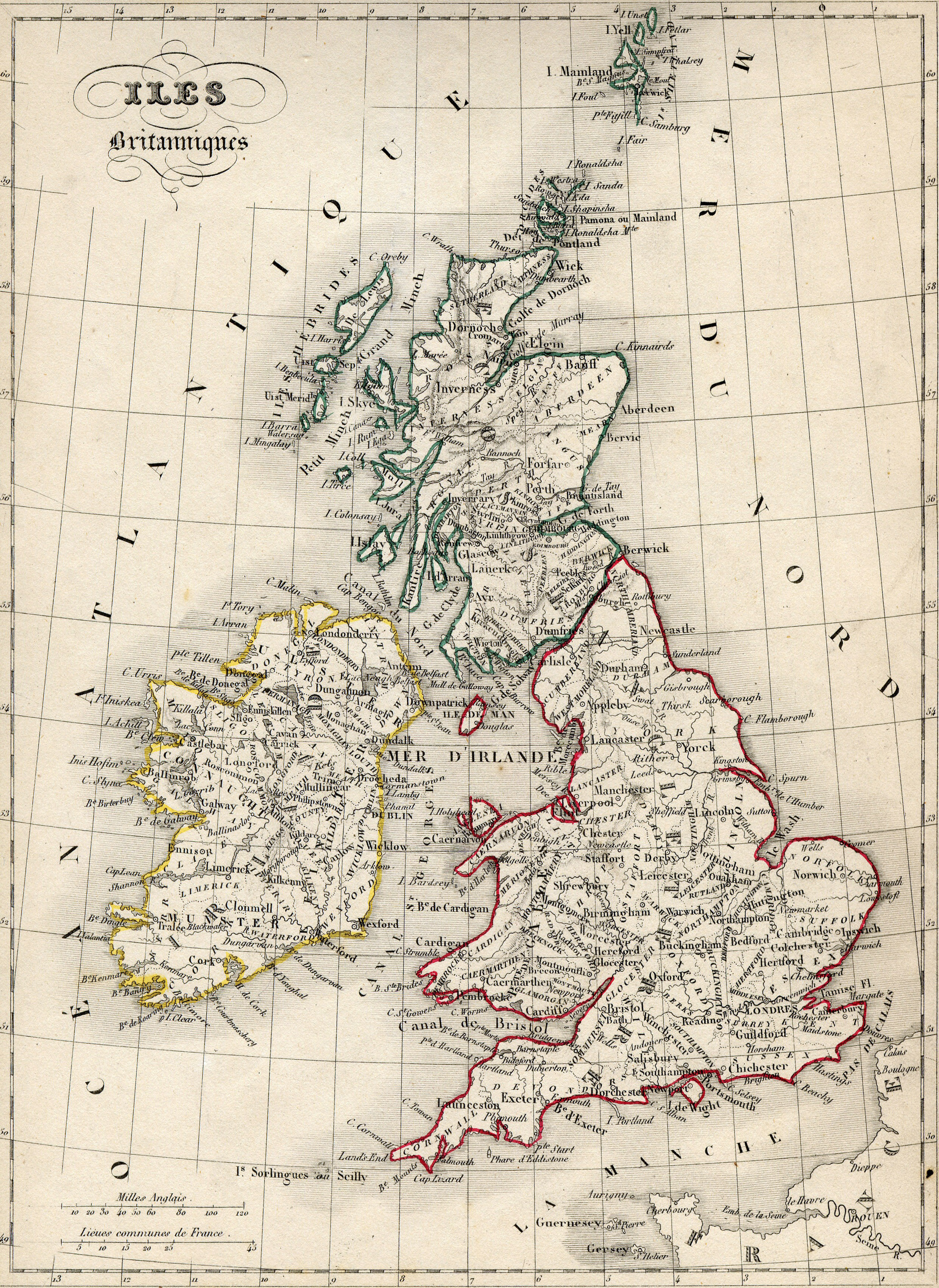
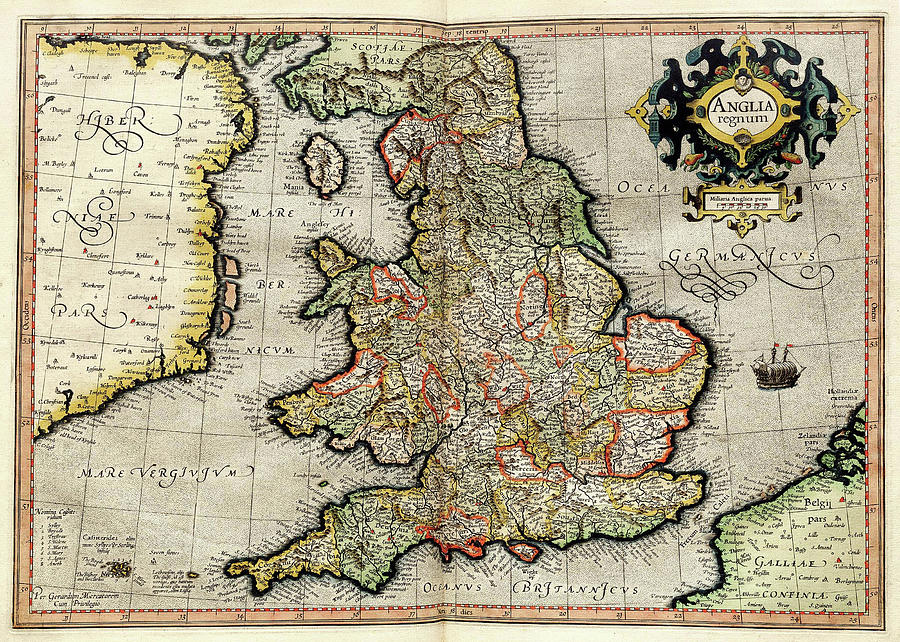
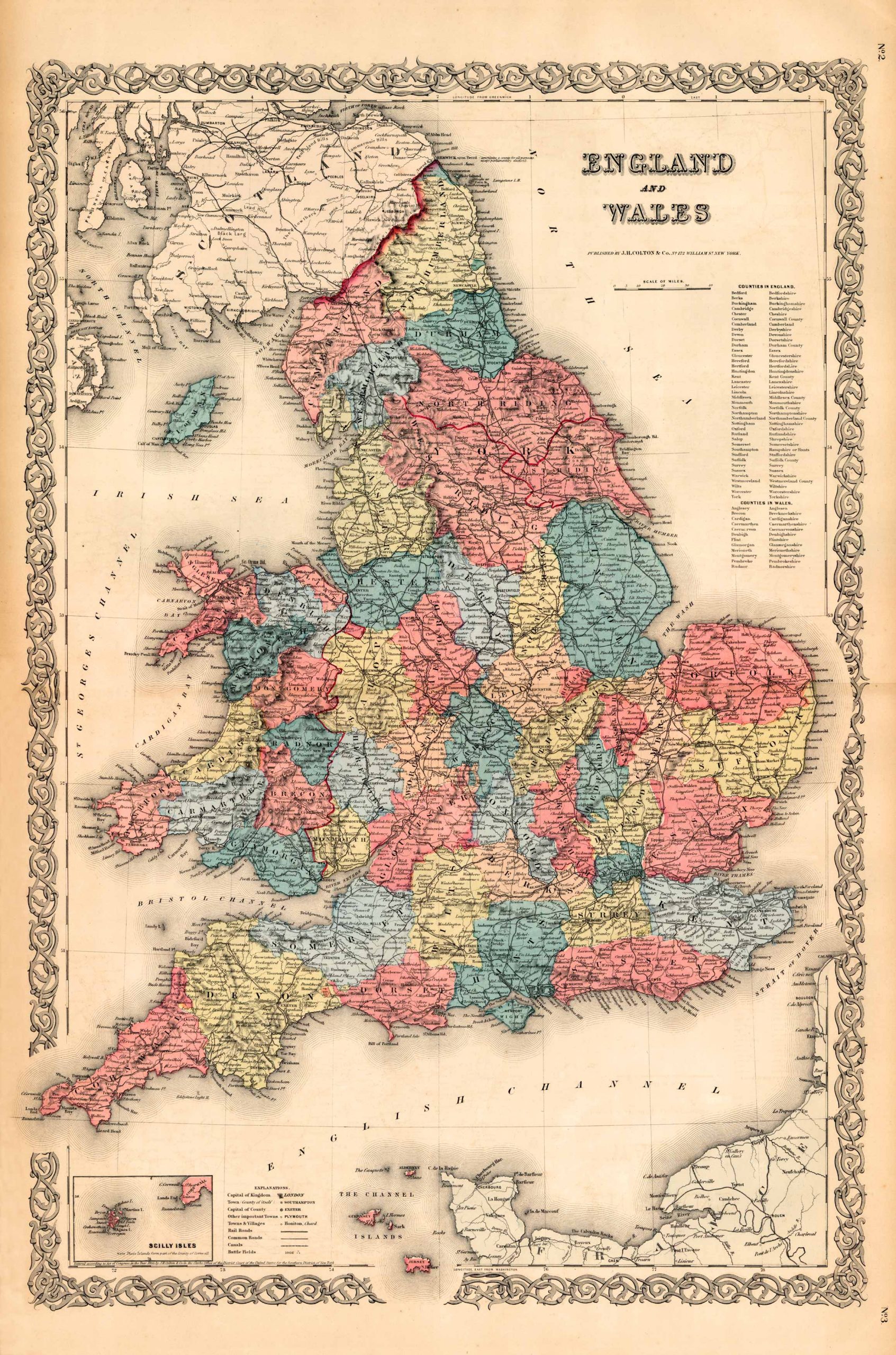

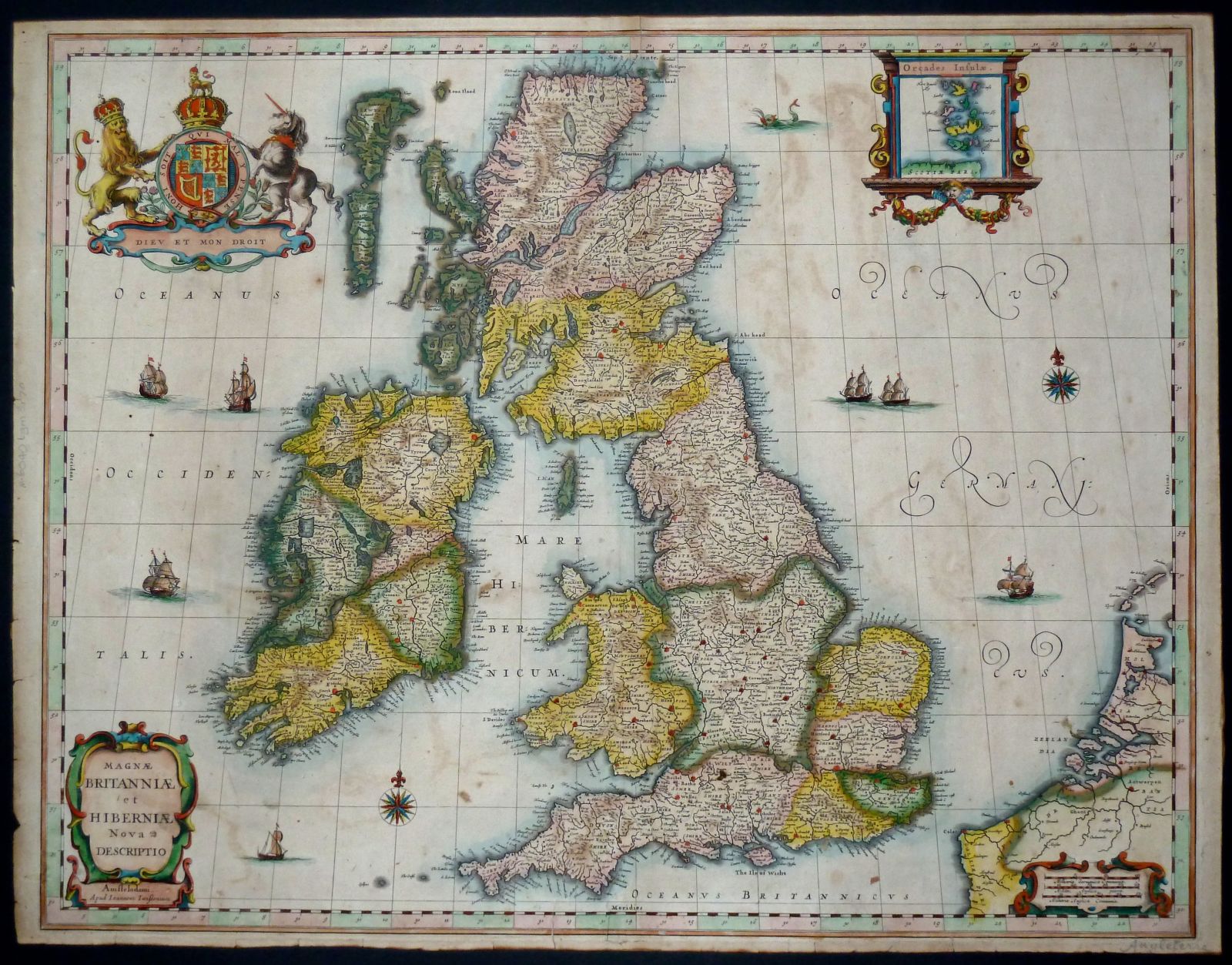
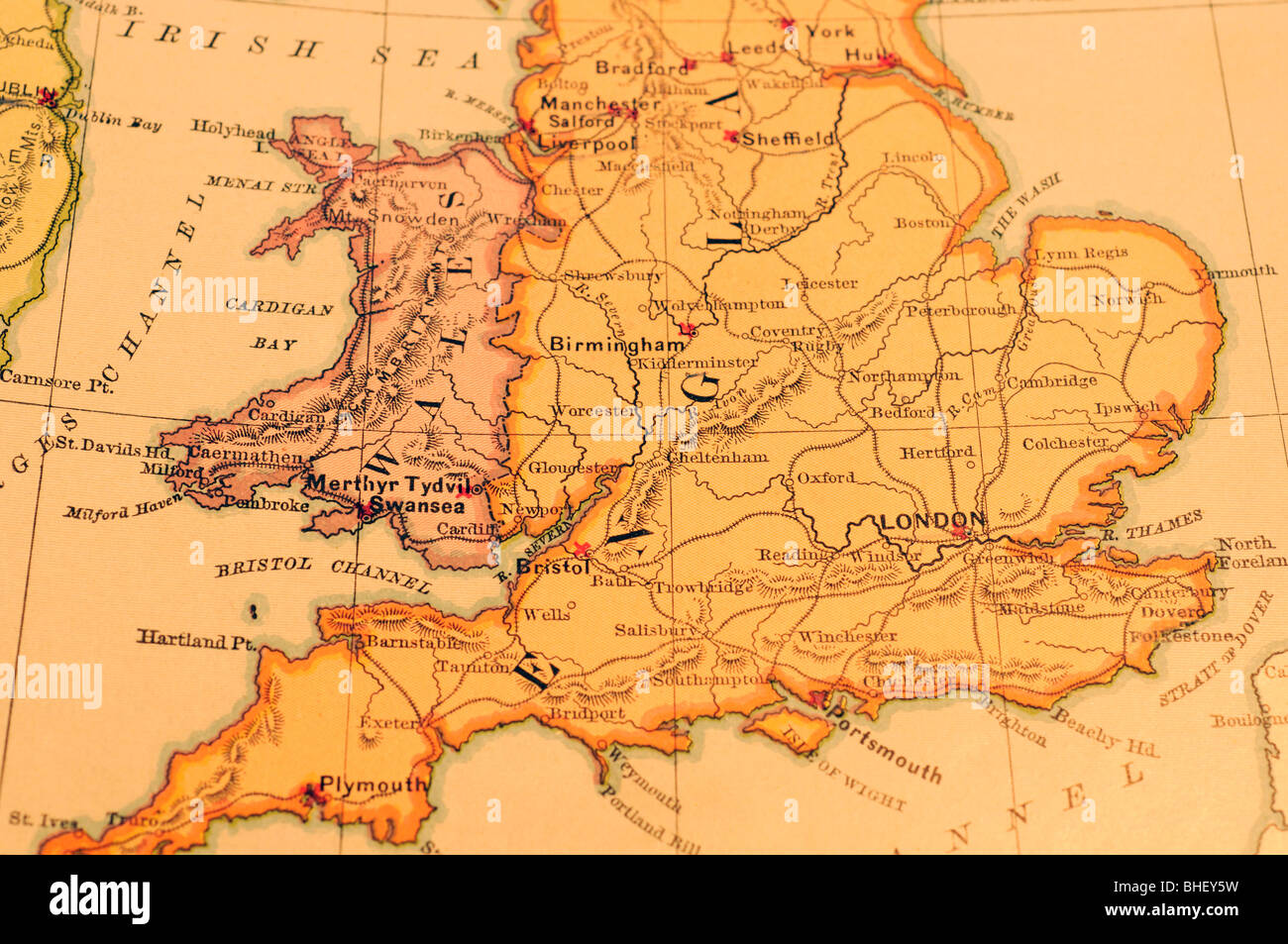
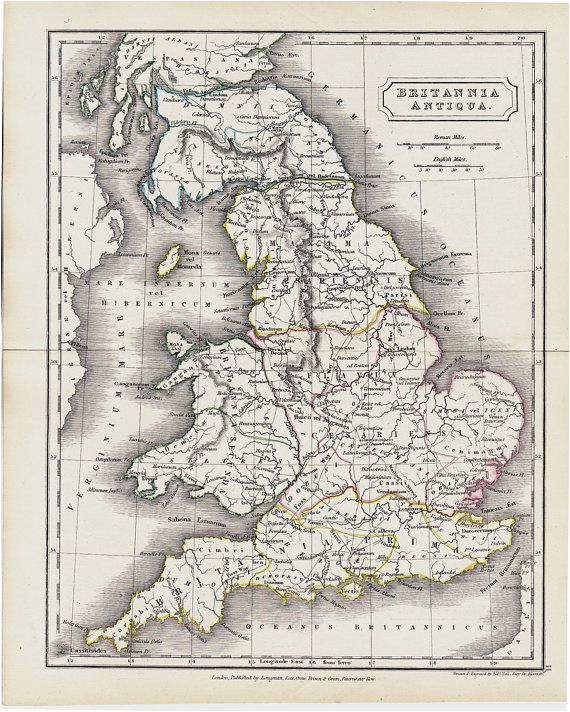

Closure
Thus, we hope this text has supplied invaluable insights into Unveiling the Previous: A Journey Via Previous English Maps of England. We thanks for taking the time to learn this text. See you in our subsequent article!